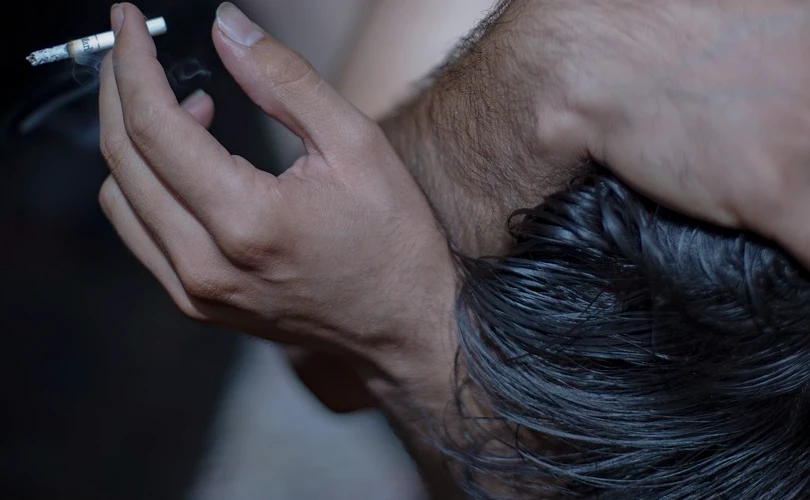An individual is said to have a chronic illness known as marijuana use disorder (CUD) if they continue to use marijuana despite the negative repercussions of their behavior. In addition to having poor control over use, compulsive use, and prolonged use despite issues, CUD is characterized by these characteristics.
Chronic obstructive pulmonary disease (CUD) is a dangerous ailment that can considerably affect a person’s life. People who have CUD may have difficulties in their relationships, at their jobs, and in their academic pursuits. In addition to this, they could have trouble managing their feelings and might suffer from anxiety, sadness, and other mental health issues.
Symptoms
The signs and symptoms of CUD might differ from one individual to the next. Here are some of the most prevalent symptoms:
Temptations: cravings, Profound compulsions to use marijuana
Allowance for: A higher dosage of marijuana is required to get the same effect.
Warning signs of withdrawal: adverse impact on a person’s physical and emotional health that manifest themselves after they have stopped consuming marijuana.
When one loses control: The difficulty of regulating the amount of marijuana that is consumed
Persistence in usage despite difficulties: Continuous use of marijuana despite adverse effects, such as difficulties in one’s professional or academic life or one’s relationships.
Common Therapies
A medical practitioner or a mental health expert makes a diagnosis of CUD. Even though no one test can diagnose chronic use disorder (CUD), a physician would most likely inquire about your symptoms, your usage of marijuana, and any issues that you have encountered as a consequence of your use.
Those who suffer from CUD have access to a variety of therapy options. Some therapies that are commonly used include:
Cognitive-behavioral therapy, sometimes known as CBT, is a form of treatment that assists individuals in altering the patterns of thought and behavior they have developed. People who suffer from chronic use disorder may find that cognitive behavioral therapy (CBT) is a valuable method for reducing their desire and cravings to consume marijuana.
The term “motivational interviewing” (MI) refers to a form of treatment that assists individuals in examining the factors that bring about their desire to alter their behavior. When it comes to helping persons with CUD in developing a strategy to cease smoking marijuana, MI can be a beneficial tool.
Twelve-step programs: Twelve-step programs, such as Narcotics Anonymous, are peer-support organizations that can assist those who are struggling with substance use disorder in quitting marijuana use and remaining intoxicated.
CUD can be treated with a variety of drugs, and there are several treatment options available. A reduction in cravings and withdrawal symptoms may be possible with the use of these drugs.
If you or someone you know may be suffering from CUD, you must get assistance. People who have a chronic use disorder (CUD) have access to a wide variety of effective therapies that can assist them in quitting marijuana use and leading healthy lives.
Helpful Recommendations
Additional suggestions for the management of CUD are as follows:
Establish attainable objectives: Avoid the temptation to quit marijuana all of a sudden. Establish a few modest objectives, such as reducing your time using or taking a break for a few days.
Discover a network of support: You should discuss your issue with your loved ones and friends and seeker assistance. Additionally, there are a significant number of support groups out there, both online and in person.
Always remember that quitting marijuana is not a simple task. Both time and effort are required. When you make a mistake, don’t give up. Now is the time to pick yourself up and begin over.
People with CUD are capable of recovering and leading lives that are healthy and productive if they receive the appropriate therapy and support.






